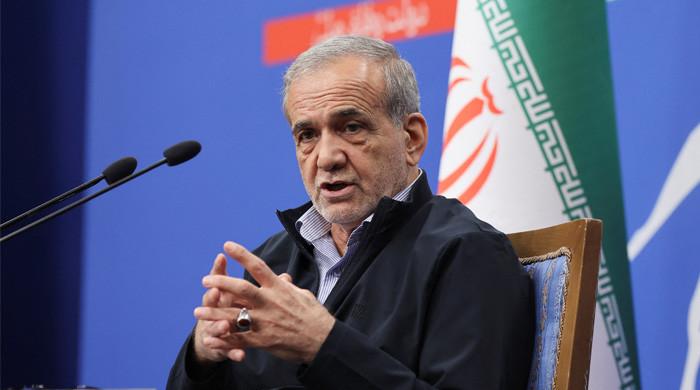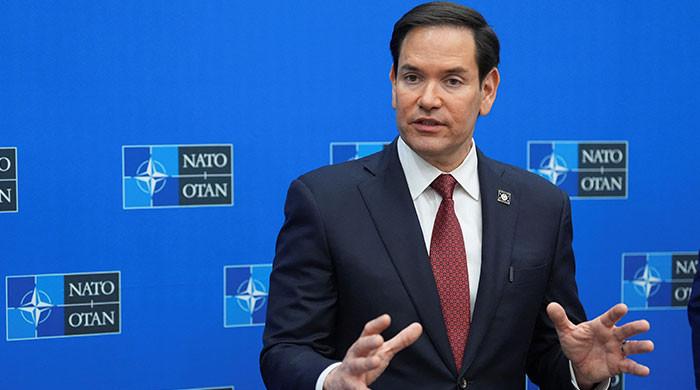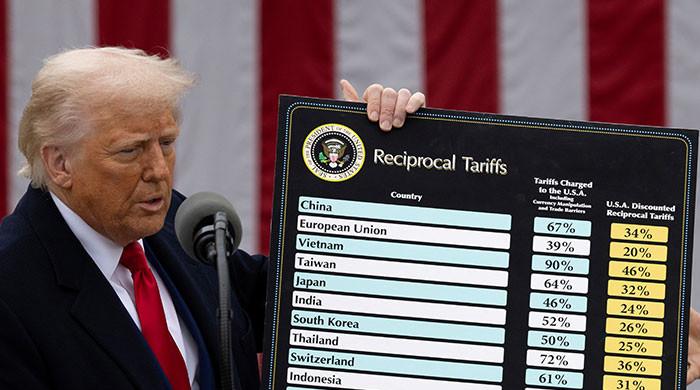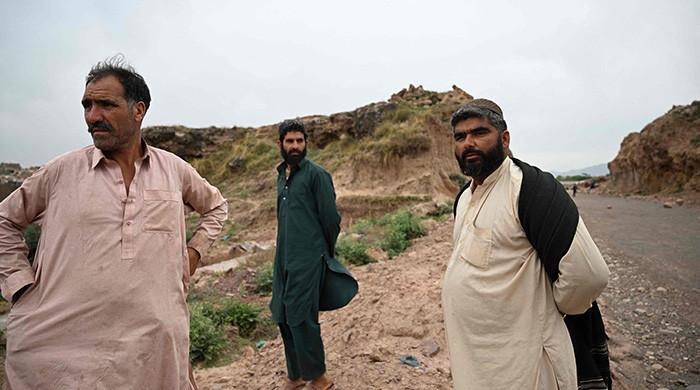Israel-UAE deal: A timeline of the failed peace initiatives in the Middle East
Over the past couple of decades, Arab nations and international mediators have undertaken initiatives for peace in Middle East
August 14, 2020
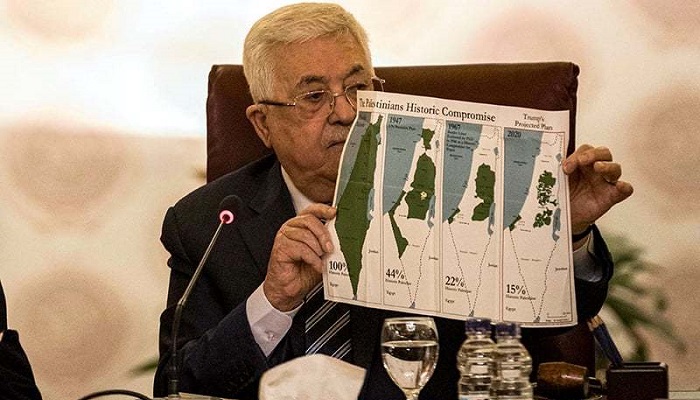
JERUSALEM: The Trump-brokered deal between Israel and the United Arab Emirates (UAE) on Thursday is followed by decades of failed peace initiatives that were aimed to bring about harmony between Israel, Palestine and Arab countries.
Most Arab nations, including the UAE, have not recognised Israel or had formal diplomatic or economic relations with it because of what they regard as Israel’s thwarting of Palestinians’ aspirations for a state of their own.
Here are the main initiatives undertaken by the parties themselves and international mediators since the 1967 Middle East War, when Israel captured the West Bank and East Jerusalem, the Sinai peninsula and the Gaza Strip and the Golan Heights:
1967 - UN Security Council Resolution 242
After the Six-Day War, UN Security Council Resolution 242 calls for the “withdrawal of Israeli armed forces from territories occupied in the recent conflict” in return for all states in the area to respect each other’s sovereignty, territorial integrity, and independence.
Read more: Iran denounces Israel-UAE deal as 'strategic stupidity'
The resolution is the foundation for many peace initiatives but its imprecise phrasing - is the reference to all territories or just some? - has complicated efforts for decades.
1978 - Camp David agreement
Israel’s Menachem Begin and Egypt’s Anwar Sadat agree on a framework for regional peace that calls for an Israeli withdrawal in stages from Egypt’s Sinai and a transitional Palestinian government in the West Bank and Gaza.
1979 - Israeli-Egyptian peace treaty
The first peace treaty between Israel and an Arab country sets out plans for a complete Israeli withdrawal from Sinai within three years. In 1981, Sadat was assassinated by revolutionaries at a military parade in Cairo.
1991 - Madrid summit
Representatives of Israel and the Palestine Liberation Organization (PLO) attend a peace conference. No agreements are reached but the scene is set for direct contacts.
1994 - Israel-Jordan agreement
Jordan becomes the second Arab country to sign a peace treaty with Israel. But the treaty is unpopular and pro-Palestinian sentiment is widespread in Jordan.
1993-1995 - Declaration of Principles/Oslo Accords
Israel and the PLO hold secret talks in Norway that result in interim peace accords calling for the establishment of Palestinian interim self-government and an elected council in the West Bank and Gaza for a five-year transitional period, Israeli troop withdrawals and negotiations on a permanent settlement.
2000 - Camp David summit
U.S. President Bill Clinton convenes Palestinian leader Yasser Arafat and Israeli Prime Minister Ehud Barak at Camp David. They fail to agree. Another Palestinian uprising ensues.




